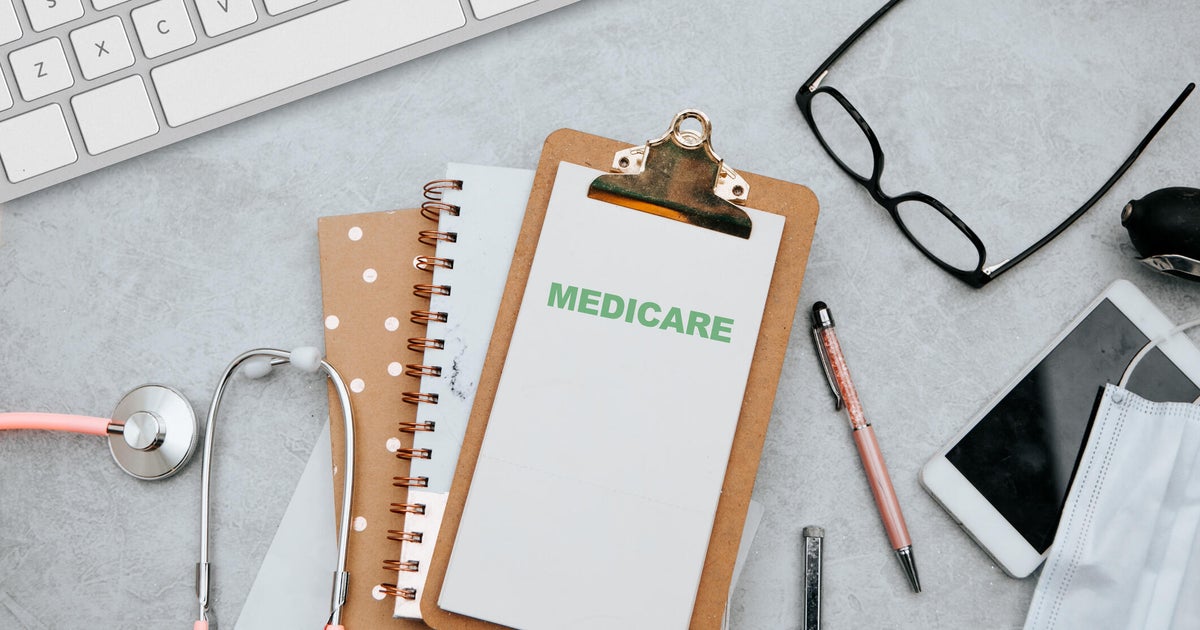 Debt management could help ease the burden caused by your high-rate debt, but you'll need to qualify first.
Getty Images
Debt management could help ease the burden caused by your high-rate debt, but you'll need to qualify first.
Getty Images
Financial challenges can strike anyone, regardless of income level, and that's especially true in the current high-rate landscape. After all, today's average credit card interest rates are hovering around 22% but are even higher for many borrowers, which makes it easy to find yourself trapped by rising card balances. And, if you're only able to afford the minimum payments on your credit cards, you're barely chipping away at the balance with each payment, leaving a hefty amount behind to grow from compounding interest.
But while expensive debt has become a common issue for many people, it makes sense to consider professional assistance if your debt levels are feeling overwhelming. One structured option you have is debt management. These programs are typically offered by credit counseling agencies, and they work by consolidating your unsecured debts into one manageable monthly payment. The agency also works to lower your interest rates, waive certain fees and set up a multi-year repayment schedule.
As a result, enrolling in a debt management program can make your monthly payments more affordable and help you get out of debt faster. But qualifying isn't automatic. So, how exactly do you qualify for debt management if you want to enroll this May — and what options are left if you aren't eligible?
Explore the debt relief options you have now.
How to qualify for a debt management program this MayTo qualify for a debt management program this May, you'll need to meet the main criteria that credit counseling agencies consider when evaluating potential clients, including:
Eligible types of debt: Debt management programs are designed for borrowers with unsecured debts. That means if you're looking to get help with credit cards, medical bills, personal loans or even certain payday loans, a debt management program may be a good fit. However, debts secured by collateral, like mortgages or car loans, typically aren't eligible. Neither are federal student loans or tax debts, so if most of your debt falls into these categories, a debt management program may not be an option.
Sufficient income to make the monthly payment: Unlike debt forgiveness or bankruptcy, a debt management program requires you to pay back the full amount of what you owe, just under better terms. So, you'll need to show that your income is steady enough to cover the new monthly payment amount that the counseling agency negotiates on your behalf.
A meaningful level of debt: Most credit counseling agencies won't enroll someone in a debt management program if they have just a couple hundred dollars of debt. These programs are typically designed for people with multiple debts or larger balances (often several thousand dollars or more) that are starting to become unmanageable.
Willingness to close your credit cards: When you enter a debt management program, you'll typically need to close your existing credit card accounts so you don't rack up new balances while paying off the old ones. If you're not ready and willing to do that, you may not be eligible to enroll.
A good fit determined by a counselor: The final word on qualifying usually comes down to the credit counseling agency. You'll go through a free or low-cost consultation with a certified credit counselor who will assess your financial situation and help determine if a debt management program is right for you. If they think another option is a better fit, they'll let you know.
Learn about the benefits of working with a debt relief expert today.
What to do if you don't qualify for debt management nowNot everyone will qualify for a debt management program. If you're one of them, don't panic. There are other debt relief options to help you take control of your finances, including:
Debt settlement: If you're behind on your debts and can't realistically afford to repay the full balance, debt settlement might be an option. This involves negotiating with your creditors (or hiring a debt relief company to do so) to reduce the amount you owe, often in exchange for a lump-sum payment. Be aware, though, that this process can harm your credit in the short term, and it's not guaranteed to succeed.
Debt consolidation: If your credit is still in decent shape, you might qualify for a debt consolidation loan, which allows you to roll multiple high-rate debts into one lower-rate loan. This can simplify repayment and potentially save you money on interest, though you'll need to qualify based on factors like your credit profile and income.
Bankruptcy: If your debts are truly unmanageable and you can't see a realistic path forward, it may be time to consider bankruptcy. Chapter 7 and Chapter 13 bankruptcies offer legal pathways to discharge or reorganize your debts, though they come with serious credit consequences and should generally be considered a last resort.
The bottom lineIf you're worried about your debts heading into the summer, now is the time to explore your options — and a debt management program could be a powerful tool to help you get back on track. By consolidating your unsecured debts and working with creditors to lower your rates and fees, a debt management program can help you pay off what you owe in a way that fits your budget and reduces stress.
But remember that not everyone will qualify, and that's okay. The most important thing is to take action — whether that's working with a credit counselor, exploring other debt relief options or creating a structured plan on your own. With the right approach, you can move toward a debt-free future, one step at a time.
Angelica Leicht




